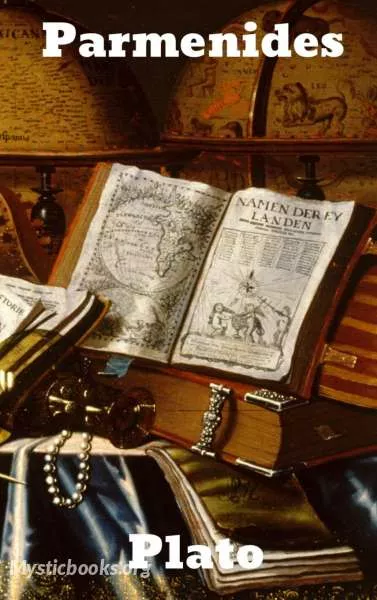
Parmenides
'Parmenides' Summary
The heart of the dialogue opens with a challenge by Socrates to the elder and revered Parmenides and Zeno. Employing his customary method of attack, the reductio ad absurdum, Zeno has argued that if as the pluralists say things are many, then they will be both like and unlike; but this is an impossible situation, for unlike things cannot be like, nor like things unlike. But this difficulty vanishes, says Socrates, if we are prepared to make the distinction between sensibles on one hand and Forms, in which sensibles participate, on the other. Thus one and the same thing can be both like and unlike, or one and many, by participating in the Forms of Likeness and Unlikeness, of Unity and Plurality; I am one man, and as such partake of the Form of Unity, but I also have many parts and in this respect I partake of the Form of Plurality. There is no problem in demonstrating that sensible things may have opposite attributes; what would cause consternation, and earn the admiration of Socrates, would be if someone were to show that the Forms themselves were capable of admitting contrary predicates.
At this point, Parmenides takes over as Socrates' interlocutor and dominates the remainder of the dialogue. After establishing that Socrates himself has made the distinction between Forms and sensibles, Parmenides asks him what sorts of Form he is prepared to recognize. Socrates replies that he has no doubt about the existence of mathematical, ethical and aesthetic Forms (e.g., Unity, Plurality, Goodness, Beauty), but is unsure of Forms of Man, Fire and Water; he is almost certain, though admits to some reservations, that undignified objects like hair, mud and dirt do not have Forms. Parmenides suggests that when he is older and more committed to philosophy, he will consider all the consequences of his theory, even regarding seemingly insignificant objects like hair and mud.
For the remainder of the first part of the dialogue, Parmenides draws Socrates out on certain aspects of the Theory of Forms and in the process brings to bear five arguments against the theory.
Book Details
Language
EnglishOriginal Language
GreekPublished In
Authors
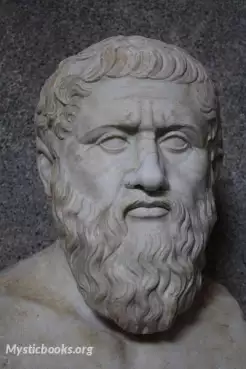
Plato (Πλάτων)
Greece
Plato ( Classical Attic; 428/427 or 424/423 – 348/347 BC)) was an Athenian philosopher during the Classical period in Ancient Greece, founder of the Platonist school of thought and the Academy,...
Books by Plato (Πλάτων)Download eBooks
Listen/Download Audiobook
- Select Speed
Related books
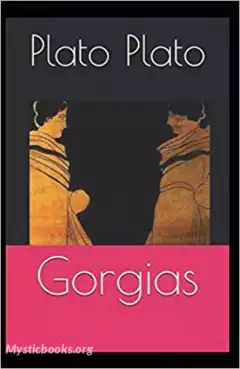
Gorgias by Plato (Πλάτων)
Gorgias is a Socratic dialogue written by Plato around 380 BC. The dialogue depicts a conversation between Socrates and a small group of sophists (and...
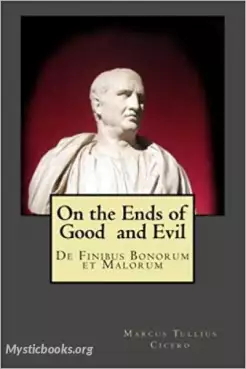
On the Ends of Good and Evil by Marcus Tullius Cicero
De finibus bonorum et malorum ("On the ends of good and evil") is a Socratic dialogue by the Roman orator, politician, and Academic Skeptic philosophe...
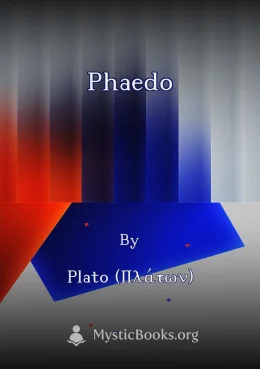
Phaedo by Plato (Πλάτων)
Plato's Phaedo is a philosophical dialogue recounting the final hours of Socrates before his execution. Socrates discusses the nature of the soul and...
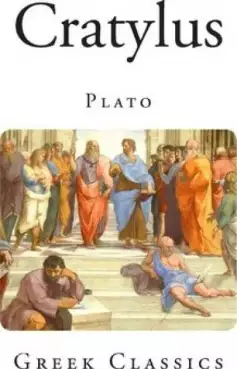
Cratylus by Plato (Πλάτων)
Cratylus is the name of a dialogue by Plato. Most modern scholars agree that it was written mostly during Plato's so-called middle period. In the dial...
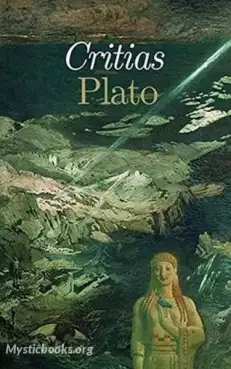
Critias by Plato (Πλάτων)
Critias, one of Plato's late dialogues, recounts the story of the mighty island kingdom Atlantis and its attempt to conquer Athens, which failed due t...
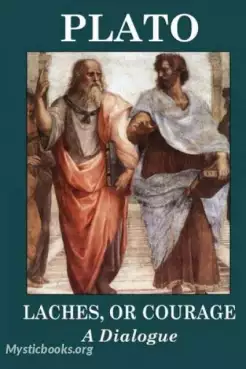
Laches by Plato (Πλάτων)
The Laches is a Socratic dialogue written by Plato. Participants in the discourse present competing definitions of the concept of courage.
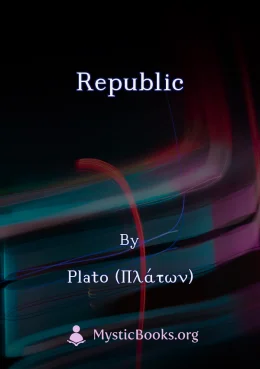
Republic by Plato (Πλάτων)
The Republic is a foundational work of Western philosophy and political theory. Plato explores the nature of justice and the ideal state through a dia...
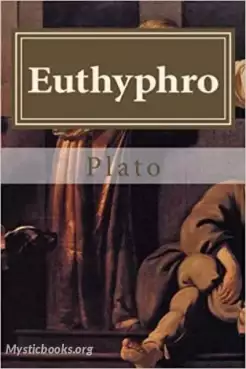
Euthyphro by Plato (Πλάτων)
Euthyphro by Plato, is a Socratic dialogue whose events occur in the weeks before the trial of Socrates (399 BC), between Socrates and Euthyphro. The...
Reviews for Parmenides
No reviews posted or approved, yet...